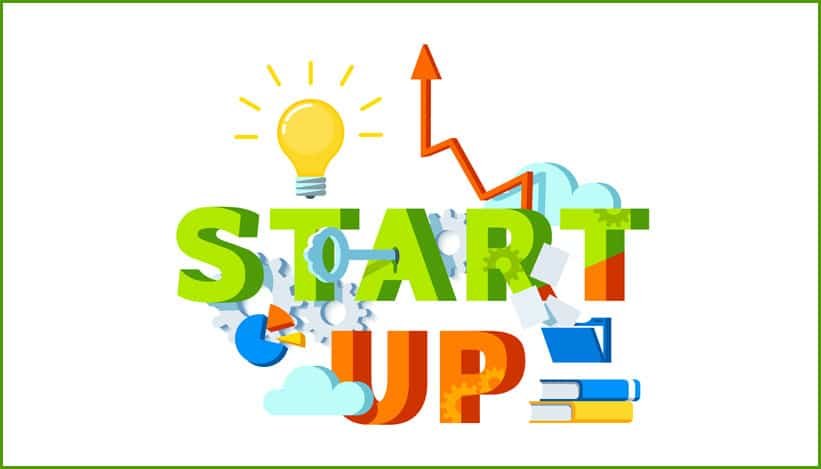What is the purpose of the Engineering Economics And Entrepreneurship Exam Past Paper?
The past paper helps students prepare for exams by practicing financial analysis, project evaluation, and entrepreneurship concepts. It allows learners to strengthen both technical and business-oriented skills crucial for engineering careers.
Download Link
Engineering-Economics-And-Entrepreneurship-Exam-Past-Paper-Mpya-news
What topics are usually covered in this exam?
Common topics include cost analysis, cash flow, depreciation, break-even analysis, project feasibility, risk assessment, innovation management, business planning, and entrepreneurial decision-making. Students may also encounter case studies linking engineering design with economic evaluation.
How can students prepare effectively using this past paper?
Students should attempt questions under exam-like conditions, reviewing both calculation-based and theory-based problems. Creating summaries of financial formulas, memorizing key definitions, and practicing business scenario questions improve readiness. Time management and consistent revision are equally important.
Why is Engineering Economics important for engineers?
Engineering Economics equips engineers with the ability to evaluate projects not only technically but also financially. It ensures that resources are used efficiently, profitability is assessed accurately, and investments are justified with sound reasoning.
How does Entrepreneurship relate to engineering studies?
Entrepreneurship encourages engineers to apply creativity, innovation, and problem-solving skills to develop business ventures. It teaches opportunity recognition, business planning, and leadership—skills essential for engineers aiming to become innovators or business owners.
What challenges do students face in this exam?
Students often find it difficult to balance numerical analysis with theoretical discussions. Some struggle with applying abstract economic concepts to practical engineering projects. Practicing past papers reduces such challenges and builds confidence.
How can solving past papers improve exam performance?
Past papers expose students to question formats, recurring themes, and examiner expectations. They also help in improving calculation speed, accuracy, and structured responses in both technical and business-related sections of the exam.
What additional resources are recommended alongside past papers?
Students should use textbooks, class notes, and financial problem sets to complement past papers. Engaging in group discussions and analyzing case studies also sharpens critical thinking and application skills.

